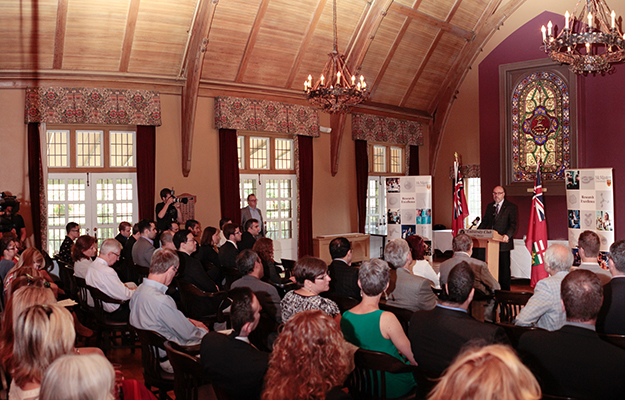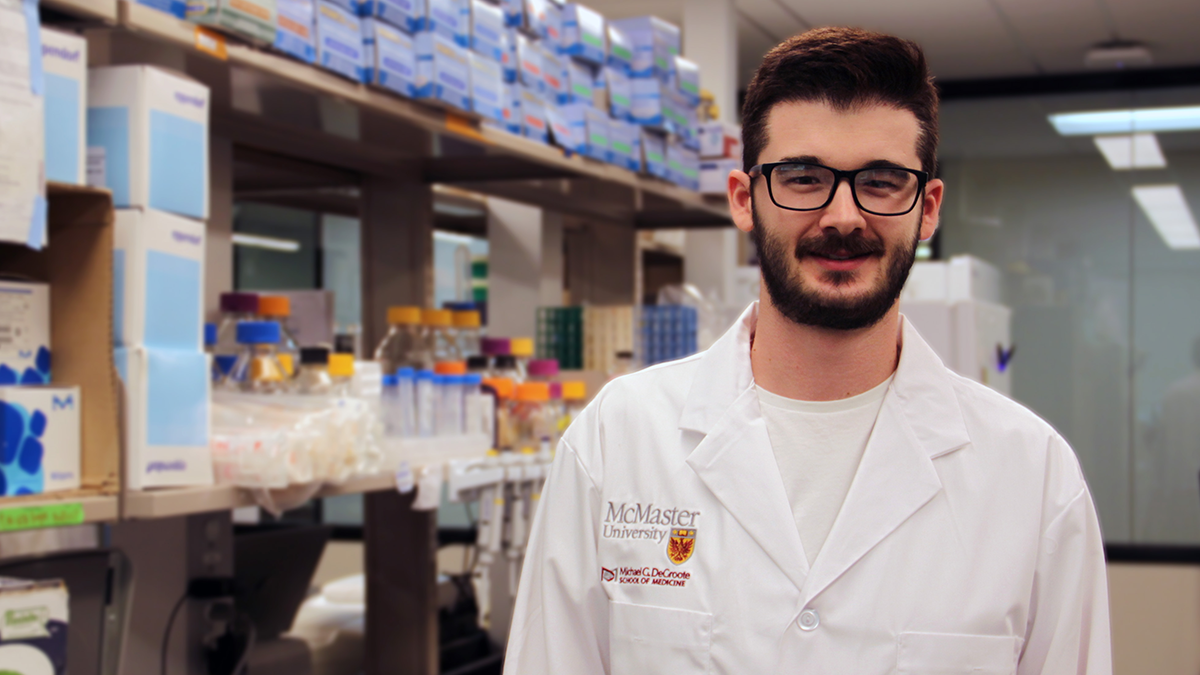IIDR Primed to Usher in the Next Generation of Antibiotics

It was a chance observation that led Alexander Fleming to discover penicillin, earning him the Nobel Prize for Physiology and Medicine in 1945. His finding – considered one of the most important discoveries of the 20th century – ushered in a new era of modern medicine.
But he was quick to caution the medical world of the potential risks associated with the misuse of penicillin. “There is the danger,” he explained, “that the ignorant man may easily underdose himself and by exposing his microbes to non-lethal quantities of the drug make them resistant.”
For the most part, his premonition has since proved chillingly accurate.
Public Health agencies around the world have identified antimicrobial resistance as one of the most pressing health threats of the 21st century. In 2013, The Centers for Disease Control and Prevention published a comprehensive analysis on antimicrobial resistance. Their findings revealed a crisis capable of causing vast social, medical and economic upheaval. In the U.S. alone, resistance was directly responsible for over 23,000 deaths and 2 million infections, costing the government a staggering $55 billion.
“Resistance to antibiotics is a challenge of global proportion that is undermining advances of modern medicine,” says Gerry Wright, director of the Michael G. DeGroote Institute for Infectious Disease Research (IIDR). “We are losing our ability to control infection because microbes are evolving resistance at a faster pace than we are delivering new antibiotics.”
As a direct result, life-saving procedures, including cancer chemotherapy and organ transplants, are at risk of failure – not because of the inherent challenges associated with the procedures, but because infection simply cannot be controlled.
Moreover, big pharma has basically abandoned their efforts to discover and deliver new antibiotics – not since the mid-1980s has a new antibiotic drug class been discovered – creating an obvious innovation void.
“We are trying to solve this problem,” Wright said at a recent public announcement, during which the IIDR was presented with a vital grant from the Ontario Research Fund program. “We are going to develop the new antibiotics of the future … because without antibiotics there is no modern medicine. It is as simple as that.”
Committed to supporting globally significant and transformational projects, the province granted more than $3.5 million for research into antimicrobial resistance. “The Ontario government has provided [the IIDR] with an opportunity to be competitive around the world,” Wright added, “and for that we’re grateful.”
The grant, according to Wright, is a “direct answer to the challenge of antibiotic resistance” and will provide investigators at the IIDR with the opportunity to explore innovative ways to develop and deliver the next generation of antibiotics.
Through a multidisciplinary, multi-platform approach, investigators will work collaboratively to identify novel antimicrobial drug candidates. Building on their collective momentum, investigators will continue to explore the impact of clinical drug use on the evolution of resistance, while assembling a comprehensive library of tens of thousands of compounds considered the building blocks for drug discovery.
In antibiotics the body has a powerful ally, and when prescribed and taken with the utmost discretion – exactly the way Fleming intended them to be – they will continue to be a bedrock of modern medicine.
NewsRelated News
News Listing

Faculty of Health Sciences ➚
McMaster researchers get federal funding to study emerging bird flu threat
News
1 day ago

Brighter World ➚
Putting the ‘ant’ in antibiotic discovery: How insects could be the key to fighting superbugs
News
2 days ago

November 6, 2024

